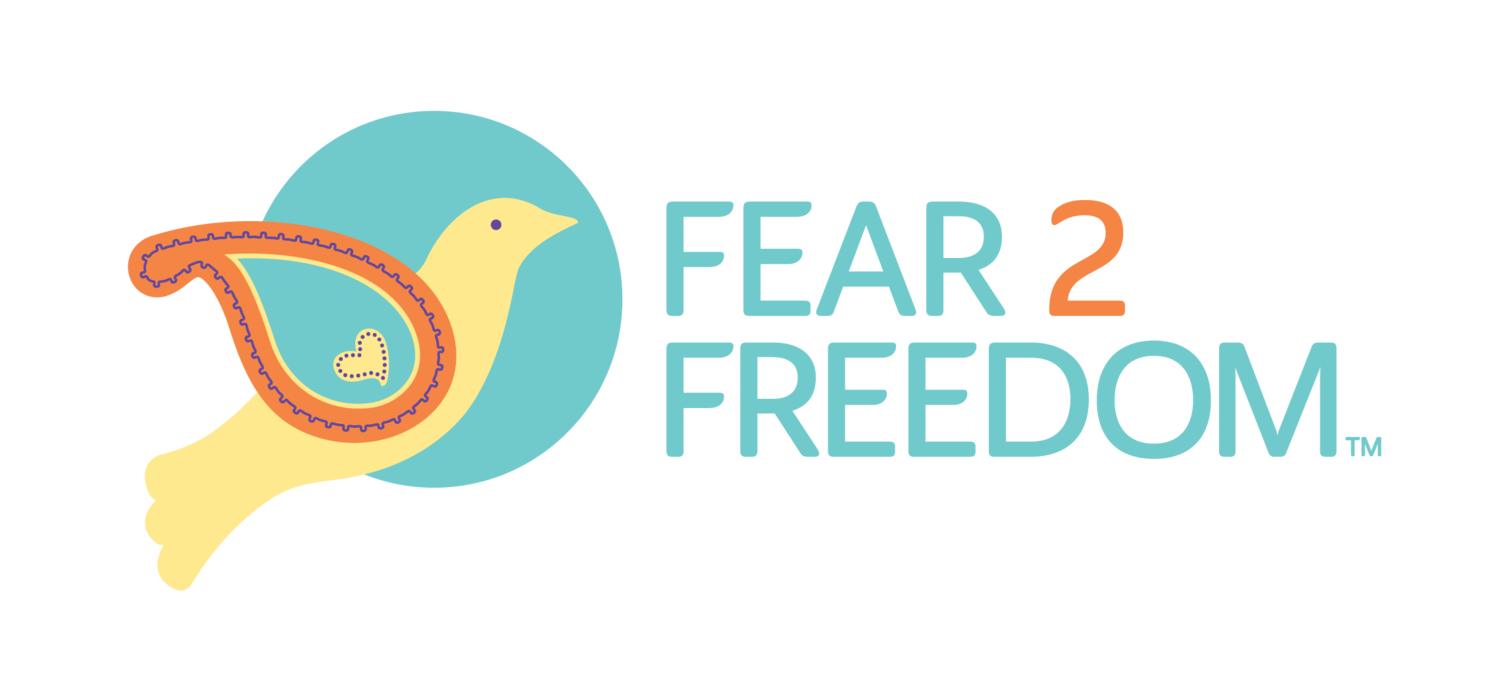written by: Lauren Carrasco-Kyllönen, Director of Programs
CONTENT NOTICE: Sexual Violence, Elder Abuse
The abuse of older adults (60 years of age or older) is a much more prevalent issue than many of us would like to believe, and it’s one that is too often overlooked. Of all the different forms of elder abuse, sexual abuse is the least reported. Similarly to sexual violence perpetuated against younger individuals, there are many factors at play as to why someone may not come forward. However, for survivors of elder sexual abuse, there are additional barriers that make disclosing and finding support challenging in unique ways:
Isolation
Having fewer interactions with others means there are fewer opportunities for survivors to get help. Elder individuals may be isolated due to:
Transportation challenges due to an invalid driver's license or inadequate public transit
No longer having friends or family nearby to check-in with
Experiencing physical and/or mental challenges that make it difficult for them to leave their home or communicate clearly with others
Dependency
Adjusting to increases in reliance on others can be difficult and adds barriers when sexual violence occurs:
When an abuser is a caretaker, reporting could mean losing the help they provide (daily care, transportation, financial support, companionship, etc)
Relying on others to help them get around or communicate can make freely seeking support services difficult
Stigma
The biases people hold about elderly individuals can make it more difficult for survivors to get help:
Incorrectly assuming elders are not sexually active, so sexual health & sexual violence aren’t things to look out for
Misattributing warning signs to the effects of aging, dementia, etc
Dismissing disclosures because they assume the survivors is “just confused”
Assuming older individuals are not targets because of incorrect beliefs about sexual violence as a “crime of passion”, when it is in fact about exerting power and control over another
There are so many factors at play as to why the sexual abuse of people later in life is perpetually overlooked: ageism, sexism, ableism, etc. The fact is, sexual violence DOES impact older individuals and it is not addressed enough.
In order to start to change the narrative around elder sexual abuse we need to continue unlearning our biases surrounding age, stay connected to the older people in our lives, and we MUST take the disclosures of older survivors seriously.
Resources:
If someone is in immediate danger, call 911
For non-emergent reports, contact Adult Protective Services (APS)
To speak with a trained advocate, call the National Sexual Assault Hotline: 800-656-4673


